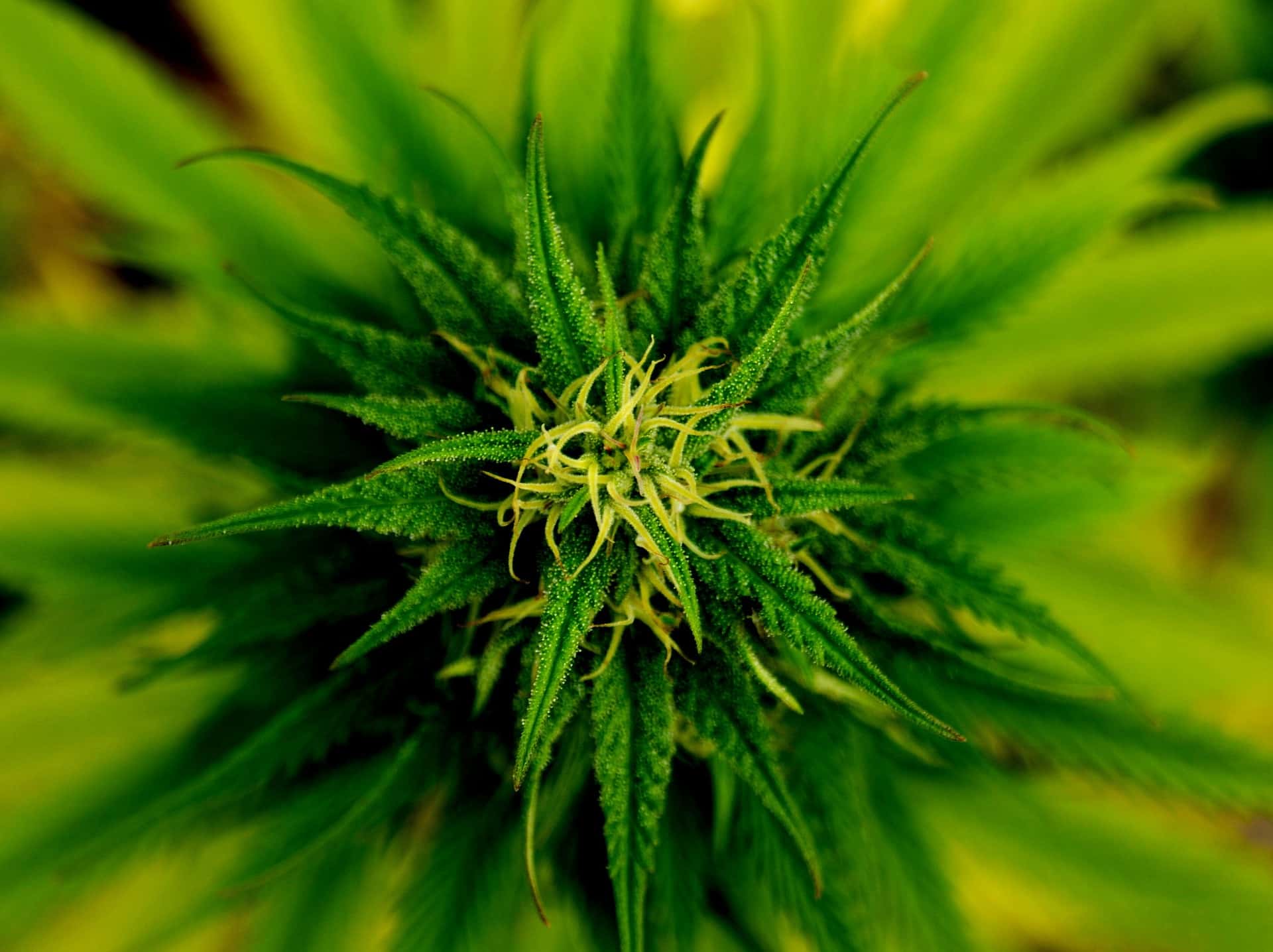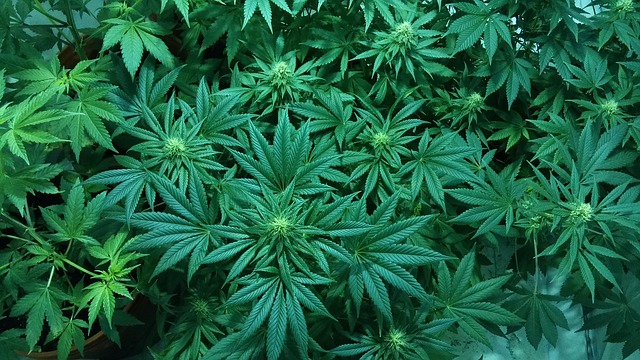New Cannabis Laws Free Prisoners
Prisoners Charged With Cannabis Offenses Are Being Released Since California’s legalization of medical cannabis, in 1996, several states have followed suit and provided a more modern approach to dealing with cannabis. From medical use to recreational use in 22 states and Washington D.C., you can now legally use marijuana! In many states, it has also … Keep reading..





